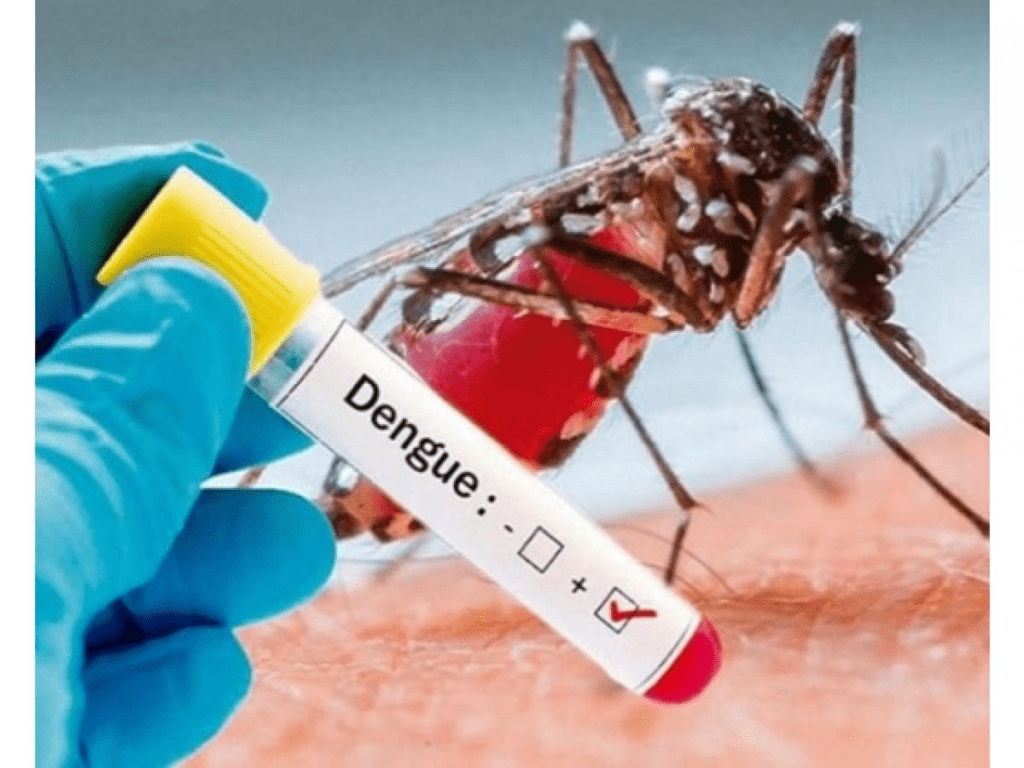Takeda Dengue Vaccine Candidate Provides Continued Protection Against Dengue Fever Through 4.5 Years in Pivotal Clinical Tria

Takeda announced today that its dengue vaccine candidate, TAK-003, prevented 84 percent of hospitalised dengue cases and 61 percent of symptomatic cases in the overall population including both seropositive and seronegative individuals four and a half years (54 months) after vaccination in the pivotal Phase 3 Tetravalent Immunization against Dengue Efficacy Study (TIDES). These findings were presented on June 9, 2022, at the 8th Northern European Conference on Travel Medicine (NECTM8), with intentions to present the findings at further subsequent conferences.
“The dengue burden is extensive, with over half of the world’s population at risk of dengue each year,” stated Eng Eong Ooi, PhD, MD, Duke-NUS Medical School, Singapore. “There is a critical need for effective illness preventive methods.” The long-term TIDES results suggest that TAK-003 could be an important addition to the limited options we have to prevent dengue, especially given the demonstrated protection against hospitalizations.”
According to the World Health Organization, Asia accounts for 70% of the dengue disease burden, with India accounting for 33 million clinically evident dengue cases each year, accounting for one-third of the total worldwide dengue burden.
“Dengue fever outbreaks occur nearly every year in India.” The prevalence of dengue fever highlights the need for new vaccinations. According to Serina Fischer, General Manager – India, Takeda, “the data from the TIDES trial provide promise for a long-term solution in the fight against dengue.”
TAK-003 revealed 84.1 percent vaccination effectiveness (VE) (95 percent CI: 77.8, 88.6) against hospitalised dengue, with 85.9 percent VE (78.7, 90.7) in seropositive individuals and 79.3 percent VE (63.5, 88.2) in seronegative individuals after four and a half years. TAK-003 also revealed an overall VE of 61.2 percent (95 percent CI: 56.0, 65.8) against virologically confirmed dengue (VCD), with 64.2 percent VE (58.4, 69.2) in seropositive persons and 53.5 percent VE (41.6, 62.9) in seronegative individuals. VE observations varied by serotype but remained consistent with previously reported results. TAK-003 was generally well accepted, and no significant safety concerns were detected. During the 54-month follow-up exploratory investigation, there was no evidence of illness progression.
“Dengue is a complicated, worldwide disease, and the TIDES trial was designed to account for this,” stated Gary Dubin, President, Global Vaccine Business Unit at Takeda. “We are pleased that the results continue to indicate TAK-003’s efficacy and safety, as well as its capacity to give long-term protection against dengue.”

These new long-term results supplement previously published TIDES data that showed the candidate vaccine met its primary endpoint of overall VE against VCD, with 80.2 percent efficacy at 12-months follow-up, as well as all secondary endpoints for which there were a sufficient number of dengue cases at 18-months follow-up, including 90.4 percent VE against hospitalised dengue. While the long-term follow-up for the first two-dose series has been completed, the TIDES study is still ongoing to assess the safety and efficacy of a booster dosage. The TIDES trial is Takeda’s largest interventional clinical trial to date, recruiting approximately 20,000 healthy children and adolescents aged four to sixteen years old throughout eight dengue-endemic countries over the past four and a half years.
TAK-003 is now undergoing regulatory consideration for the prevention of dengue fever in children and adults in the European Union and specified dengue-endemic nations.








